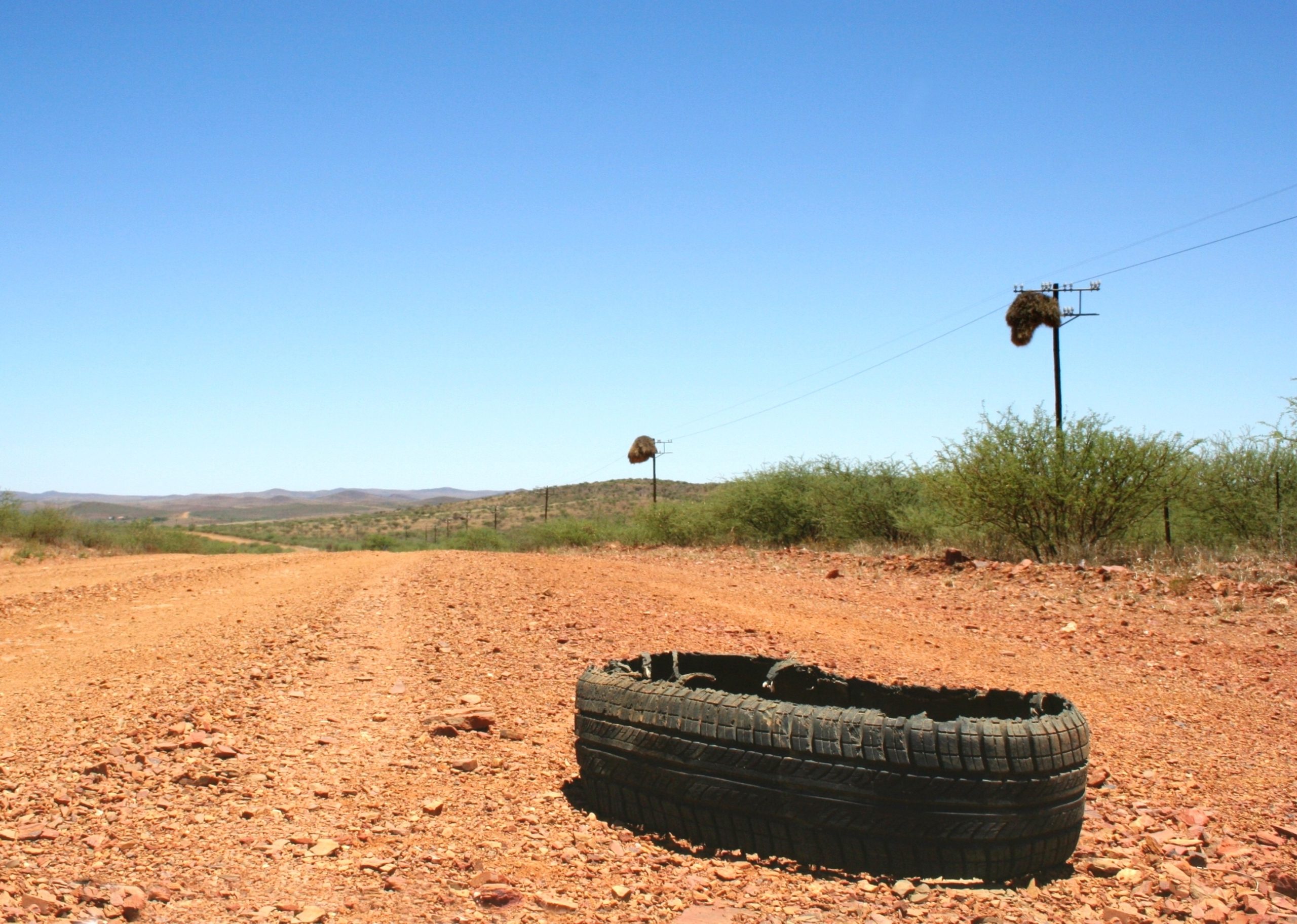 Allocating fault in a car accident is especially difficult when involving multiple individuals. This case illustrates how the allocation of fault affects how damages are awarded and illustrates what type of expenses are compensable.
Allocating fault in a car accident is especially difficult when involving multiple individuals. This case illustrates how the allocation of fault affects how damages are awarded and illustrates what type of expenses are compensable.
While driving on Highway 28 East in Louisiana, Erin Wright rear-ended Christina Dauzat. Before they reached the intersection where the accident occurred, an unrelated accident occurred involving Joanne Marlow and Darrell Paulk. Paulk refused to move his car, which resulted in one of the lanes of traffic being blocked. Before the accident, a truck driven by an unknown driver drove towards Dauzat as it tried to go around the Marlow/Paulk accident.
Dauzat filed a lawsuit against Wright and her insurer, State Farm. At a trial, the court allocated 80% fault to Wright, 10% to the unnamed truck driver, and 10% to Paulk. The trial court awarded general damages of $8,000 (after the 20% reduction from the fault of the unnamed truck driver and Paulk, neither of whom Dauzat filed a lawsuit against) and $9,741.51 in special damages. These damages did not include the $1,440.86 cost of transporting Dauzat via ambulance following the accident. Both Dauzat and Wright appealed.
Both Dauzat and Wright argued the trial court erred in allocating the fault. Dauzat claimed Wright should have been found 100% liable for the accident, whereas Wright argued Dauzat should have been assigned some percentage of fault. La. C.C. art. 2323 governs how fault is allocated between different individuals. When a rear-end collision occurs, there is a presumption the driver who rear-ended the other was negligent and followed the other vehicle too closely. See Berthiume v. Gros.
The appellate court found the evidence presented at trial supported the trial court’s findings that Wright and the unnamed driver’s actions contributed to the accident. However, the appellate court disagreed Paulk had contributed to the accident. Although Paulk refused to move his car after he was in an accident, a subsequent accident was not reasonably foreseeable. Therefore, the Dauzat-Wright accident was not within the scope of the duty he breached. The appellate court also agreed Dauzat had acted reasonably and was not partially at fault for the accident.
Dauzat also argued the trial court erred in its award of $10,000 for general damages and failure to award the cost of her ambulance transport following the accident. Wright argued the general damages should have been even lower. Wright also argued the trial court erred in not reducing the special damages award based on the percentage of fault allocated to others. In its judgment, the trial court specifically noted Dauzat was not a credible witness.
Based on the testimony from Dauzat’s physicians and the trial court’s credibility determination regarding Dauzat, the appellate court agreed with the trial court’s general damages award. However, the appellate court found Dauzat should have been awarded the $1,440.86 cost of the ambulance that transported Dauzat to the hospital following the accident. The appellate court explained even if this transportation was unnecessary, Wright was still liable as there was no evidence Dauzat acted in bad faith in requesting ambulance transport. Additionally, the trial court agreed under La. C.C. art. 2323(B), the trial court should have reduced the special damages award by the amount of fault allocated to others besides Wright, who were not parties in the lawsuit.
Certain aspects of the appellate court’s ruling ended up both hurting and helping both Dauzat and Wright. This case underscores the value of seasoned legal counsel, capable of dissecting the intricate threads of liability and advocating for comprehensive compensation. In this intricate choreography of fault and recovery, a skilled attorney can serve as a guiding compass, helping individuals navigate the tumultuous waters of multi-party car accident litigation.
Additional Sources: Christina Mink Dauzat v. State Farm Mutual Automobile Ins. Co., et al.
Article Written By Berniard Law Firm
Additional Berniard Law Firm Article on Car Accidents: When Car Accidents Get Messy: How Clear Language and Resolved Claims Can Help You Win Your Lawsuit
 Insurance Dispute Lawyer Blog
Insurance Dispute Lawyer Blog

